Reports & Studies

Indigenous Gendered Experiences of Work in an Oil-Dependent, Rural Alberta Community
Alberta’s oil sands industry is often touted as driving the economy of both the province and Canada as a whole. However, Indigenous people in the oil sands region do not necessarily reap the benefits of the industry due to limited land rights, limited access to economic development, and marginalization in the labour market. While there …
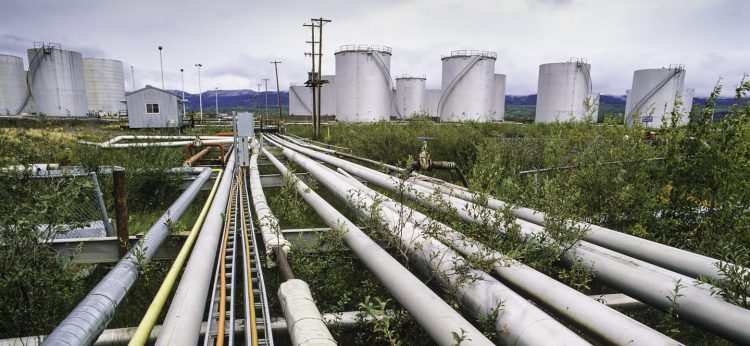
Jobs vs the Environment? Mainstream and alternative media coverage of pipeline controversies
Much of the argument advanced in support of expanding Canada’s fossil fuel production centres on job creation and economic benefits. Politicians, pundits and corporate spokespeople who support fossil fuel infrastructure projects—such as new oil and gas pipelines—often evoke this rhetoric when they appear in the media. This study examines how the press—including corporate and alternative …

Boom, Bust, and Consolidation: Corporate Restructuring in the Alberta Oil Sands
This report analyzes the economics of the five largest bitumen extractive corporations in Canada. The “Big Five” are Suncor Energy, Canadian Natural Resources Limited (CNRL), Cenovus Energy, Imperial Oil, and Husky Energy. The report examines the key features of the five firms and analyze their accumulation dynamics in the context of the latest commodity cycle: …
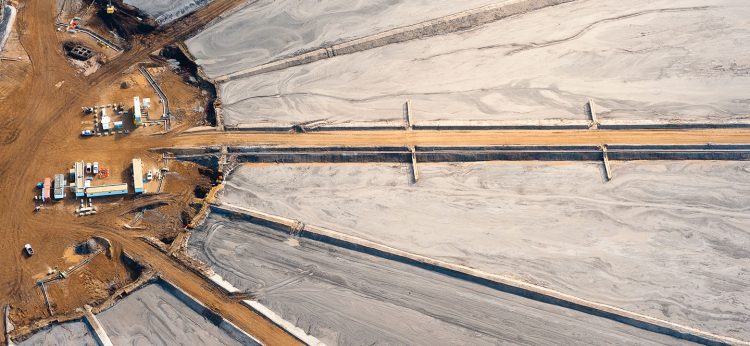
Who owns Canada’s fossil-fuel sector? Mapping the network of ownership and control
This study shows that substantial ownership and strategic control over Canada’s fossil-fuel sector are in the hands of a few major players, including all the Canadian big banks and several US investment funds, governments and some wealthy families—many of which are located outside Canada. And, these investors have high stakes in maintaining business as usual …
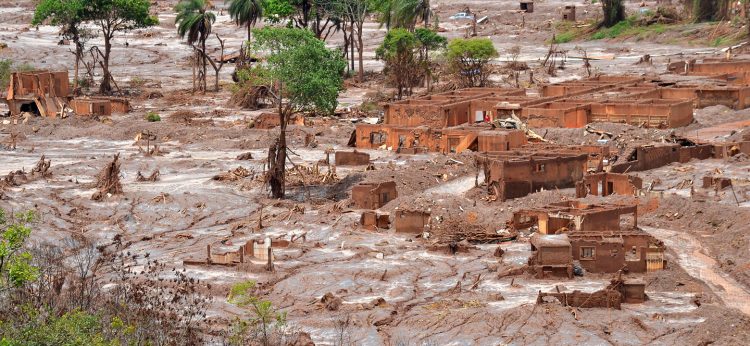
Tailings dam spills at Mount Polley and Mariana: Chronicles of disasters foretold
Leia a versão em português This paper explores the many parallels between the tailings dam spills at the Mount Polley mine in British Columbia (BC), Canada, and the Samarco mine in Mariana, Minas Gerais, Brazil. The Mount Polley disaster took place in August 2014, when the dam holding toxic waste from the copper and gold …
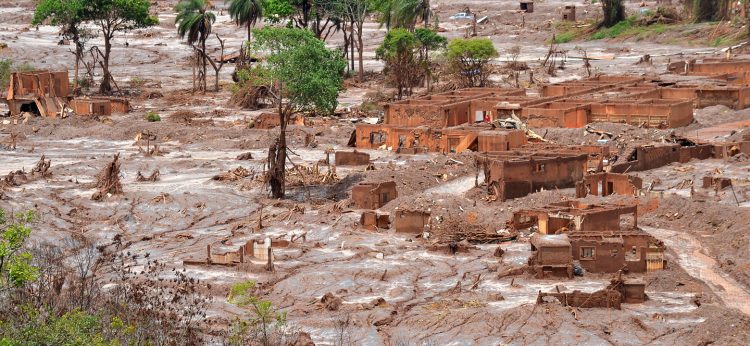
Rompimentos de barragens de rejeito em Mount Polley e Mariana: Crônicas de desastres anunciados
Visit English version Este texto explora os paralelos entre os rompimentos das barragens de rejeito da mina de Mount Polley na Colúmbia Britânica, Canadá, e da mina da Samarco em Mariana, Minas Gerais, Brasil. O desastre de Mount Polley ocorreu em agosto de 2014, quando uma barragem que continha rejeitos tóxicos de mineração de cobre e …
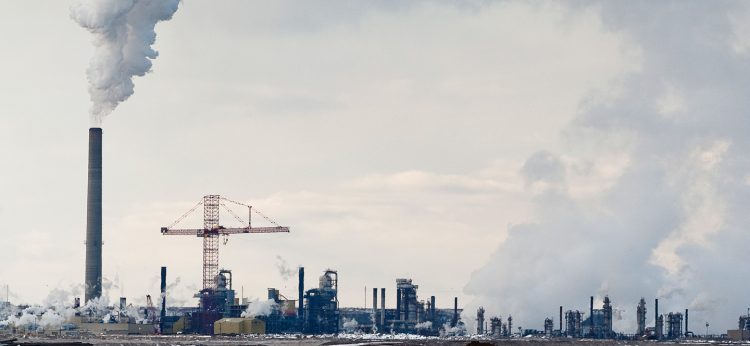
Canada’s Fossil-Fuelled Pensions: The Case of the British Columbia Investment Management Corporation
The British Columbia Investment Management Corporation is the steward of BC’s public pensions, but bankrolls companies whose current business models exceed the climate change targets agreed to in the Paris Agreement to which Canada is a signatory. This report shows that the Corporation’s claims of responsible investment are more talk than walk, as its actions are not …
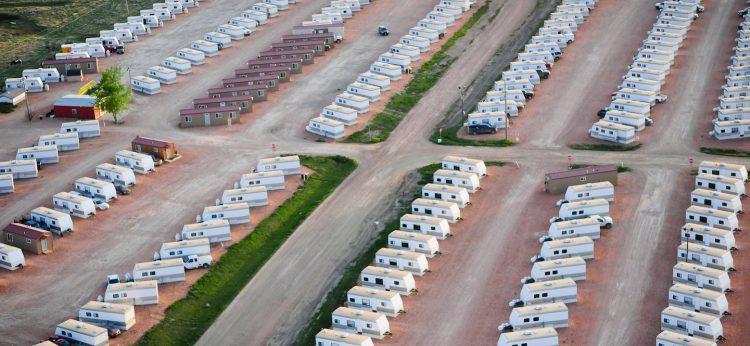
A Prairie Patchwork: Reliance on oil industry philanthropy in Saskatchewan boom towns
When we think of a “boom town,” we often imagine a formerly sleepy rural town suddenly awash in wealth and economic expansion. It might surprise some to learn that for many municipalities in oil-producing regions in Saskatchewan, the costs of servicing the oil boom can outweigh the benefits. Instead, as Simon Enoch and Emily Eaton …
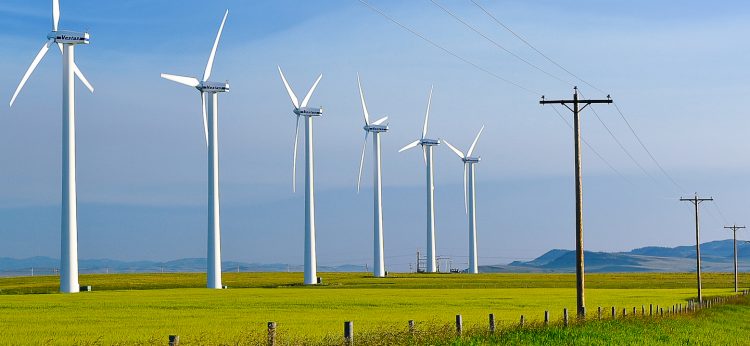
Canada’s Energy Outlook
Current realities and implications for a carbon-constrained future Canada faces some very difficult choices in maintaining energy security while meeting emissions reduction targets. This study analyses Canada’s energy system, and provides an objective assessment of future options to maintain energy security and meet climate commitments. Canadians need a viable and sustainable long-term energy strategy, based …

What the Paris Agreement Means for Alberta’s Oil Sands Majors
This report evaluates what the Paris Agreement on climate change means for the “Big Five” oil sands producers—Canadian Natural Resources Limited (CNRL), Suncor Energy, Cenovus Energy, Imperial Oil, and Husky Energy—by estimating the social cost of carbon (SCC) of the oil and gas reserves of these firms and by assessing the emissions-reduction disclosures and targets, …
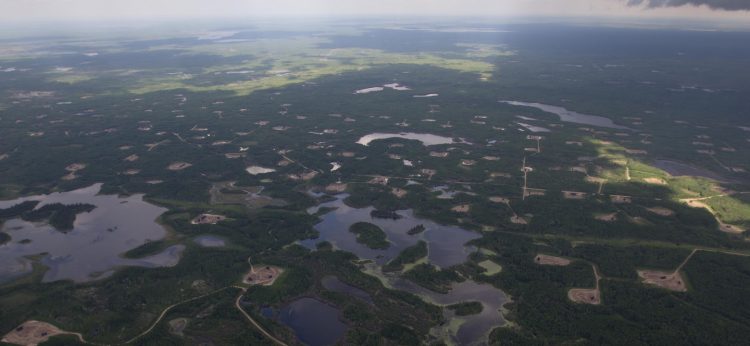
Climate Politics in the Patch
Engaging Saskatchewan’s Oil-Producing Communities on Climate Change Issues Download the study The future of oil extraction and transportation is one of the most contentious issues in Canadian politics. Plans for the construction of new pipelines to both the East and West coasts has entrenched old divisions between Eastern and Western Canada and opened up new …
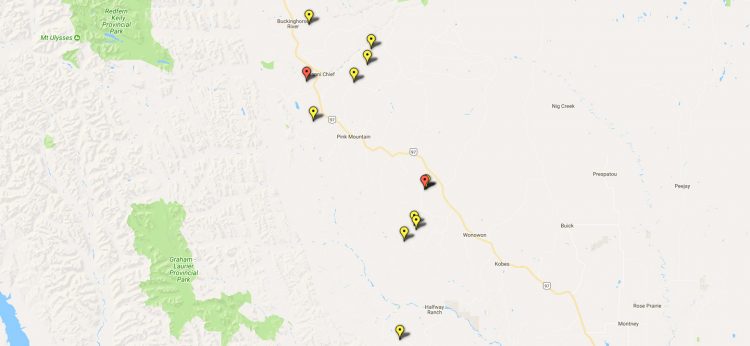
A Dam Troublesome Exception: Progress Energy’s dams should not be exempted from environmental review
I sent the following letter to BC’s Environmental Assessment Office (EAO) in response to Progress Energy’s extraordinary request to retroactively exempt the Lily and Town dams from environmental reviews. Such reviews should have been conducted before the dams were built. Not only did those reviews not happen, but the company also failed to obtain other …





